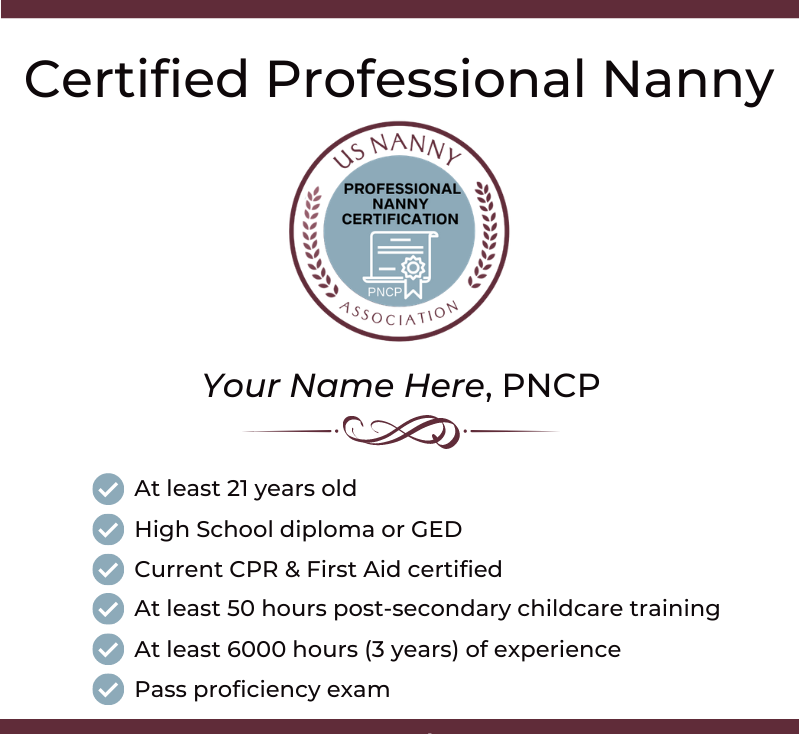Handling Conflict Between Nannies and Employers: Strategies for Resolution
IntroductionConflicts between nannies and employers can arise from misunderstandings, unmet expectations, or lack of communication. These conflicts are common in personal work environments where boundaries may blur, and emotions can run high. However, with proper conflict resolution strategies, these issues can be managed effectively, ensuring a healthier working relationship. This article will explore common causes of conflicts and provide strategies for both nannies and employers to resolve them constructively.
Common Sources of Conflict
One of the primary sources of conflict is the misunderstanding of job roles and responsibilities. According to a study published in Family Relations, disagreements often stem from unclear expectations, especially when a nanny is asked to perform tasks outside their original job description, such as household management or additional hours without prior notice. Other common points of tension include pay discrepancies, differing disciplinary philosophies, and communication about the child’s needs.
Another frequent source of conflict is the blurring of professional boundaries. Because nannies work closely with families, the lines between personal and professional relationships can become indistinct. This can lead to misunderstandings about the nanny’s role in the household, such as the expectation to provide emotional support or assistance beyond the agreed-upon terms.
Importance of Clear Contracts and Open Communication
One of the best ways to prevent conflicts is to start with a clear, written contract that defines the nanny’s duties, working hours, compensation, and expectations. According to research by Harvard Law School, contracts that outline specific roles, responsibilities, and conflict resolution procedures can help manage expectations and prevent misunderstandings.
Beyond the contract, regular, open communication is key to maintaining a healthy working relationship. Employers should check in with their nannies frequently to discuss any concerns, and nannies should feel comfortable addressing any issues as they arise. This mutual understanding ensures both parties are on the same page and helps prevent minor issues from escalating into significant conflicts.
Effective Conflict Resolution Techniques
When conflicts do arise, it’s essential to address them promptly and constructively. One of the most effective techniques is active listening, where both parties have the opportunity to voice their concerns without interruption. Employers and nannies should approach the conversation with the goal of understanding each other’s perspectives rather than defending their positions.
Compromise is often necessary to resolve conflicts. Employers should be willing to accommodate the nanny’s concerns, and nannies should remain flexible to the family’s needs. When necessary, mediation from a neutral third party, such as a nanny agency or mediator, can help resolve more significant disputes. This ensures that both parties reach a fair resolution without damaging the working relationship.
While conflicts between nannies and employers are inevitable, they can be managed effectively with clear communication, well-defined contracts, and active listening. By addressing conflicts early and seeking to understand each other’s perspectives, nannies and employers can foster a positive and respectful working environment.
References:
- Family Relations. (2015). “Conflict Resolution in Caregiving: A Family Perspective.”
- Harvard Law School. (2016). “Effective Employment Contracts: Preventing Workplace Conflicts.”

We want to thank all the nannies, advocates and business leaders who provide practical tips and insight to elevate our industry. Thank you for sharing your expertise.
The US Nanny Association issues the highest certification requirements in our industry as they require training, work experience, passing an industry exam, a background check and current CPR and First Aid:
- Certified Nanny
- Certified Newborn and Infant Professional
- Certified Professional Nanny
We want to thank all the nannies, advocates and business leaders who provide practical tips and insight to elevate our industry. Thank you for sharing your expertise.
